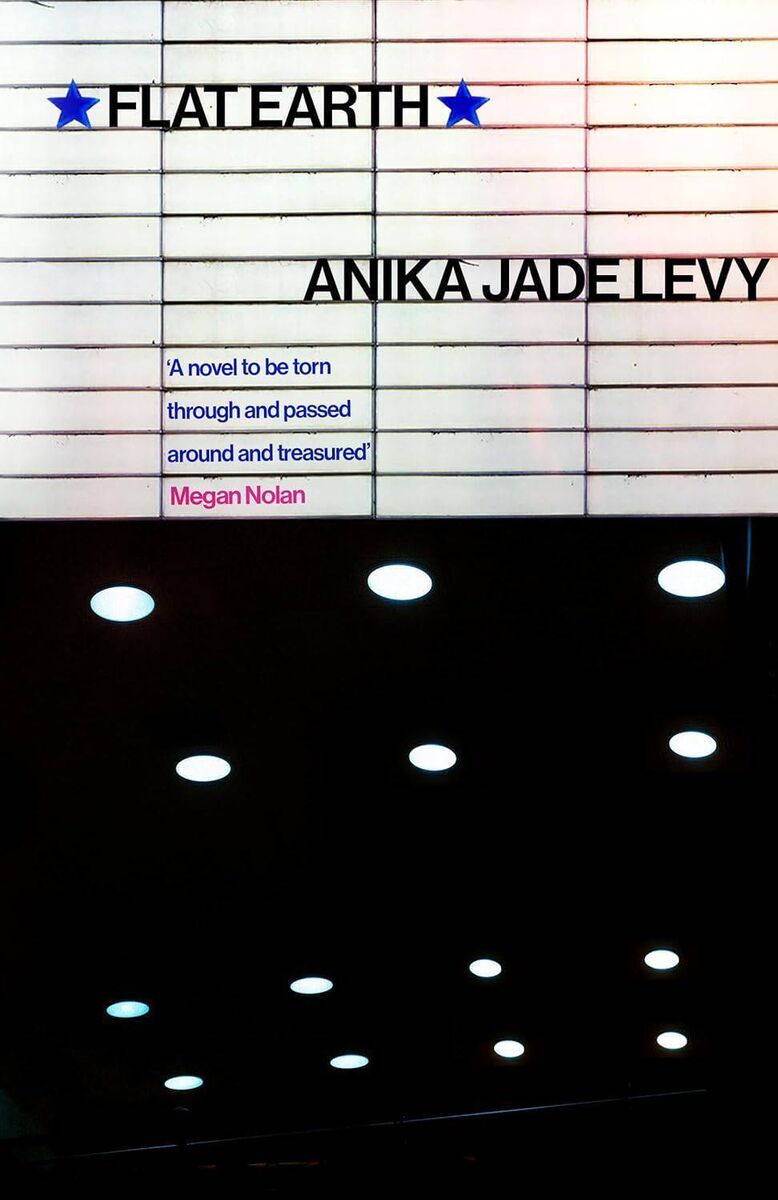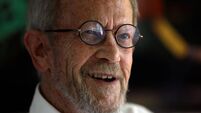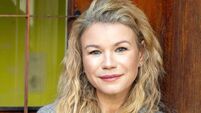Book review: Witty jab at smartphone era

Anika Jade Levy creates a Holden Caulfield of her time in the book’s protagonist, Avery.
- Flat Earth
- Anika Jade Levy
- Abacus, €14.99
Gore Vidal once said: “Every time a friend succeeds, I die a little.”

We’re never entirely sure if Frances and Avery actually like each other.
BOOKS & MORE
Check out our Books Hub where you will find the latest news, reviews, features, opinions and analysis on all things books from the Irish Examiner's team of specialist writers, columnists and contributors.






